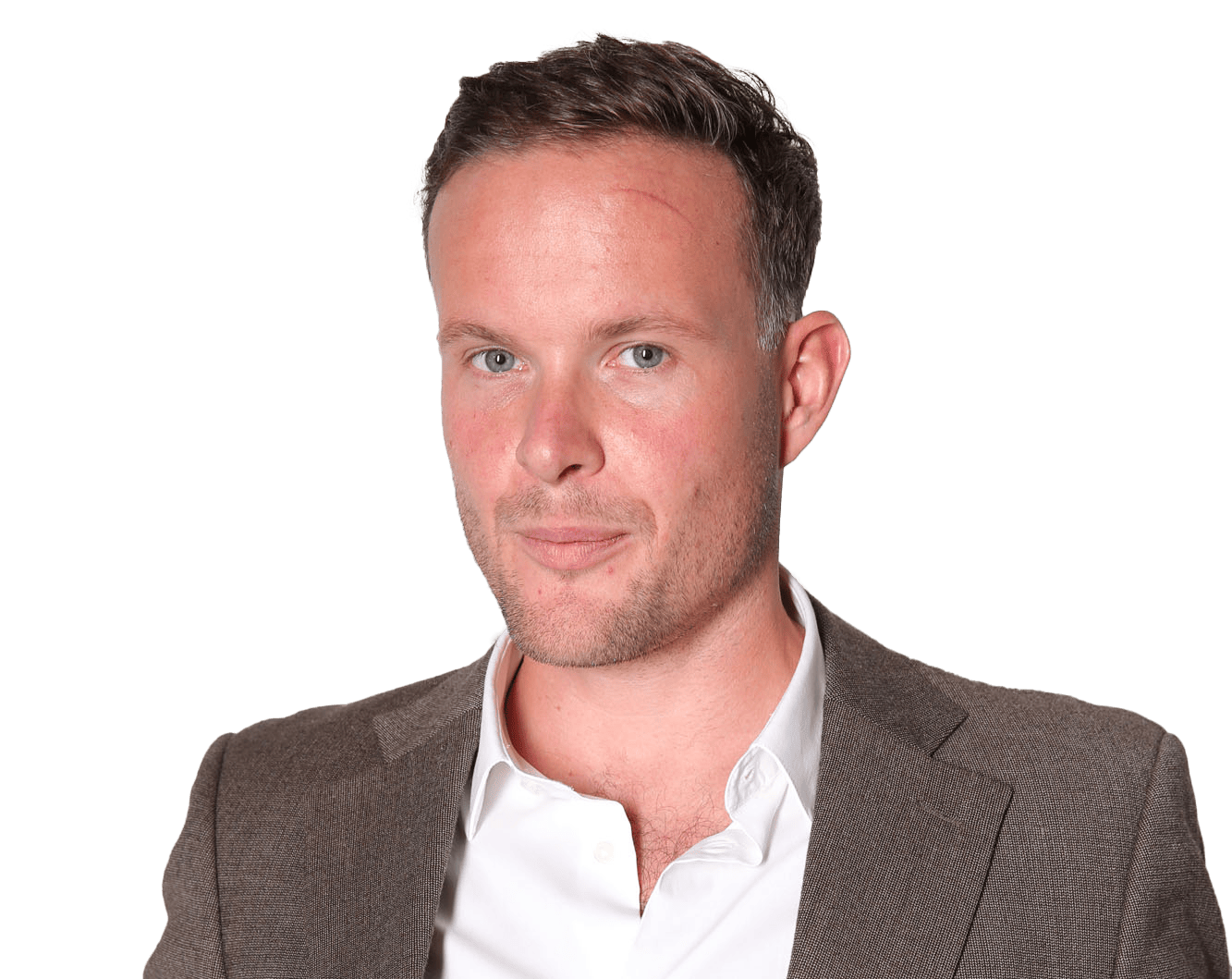Leader-Ship Seminar

Appointed to move organisations forward
The benefits of agility are now well known and accepted in business. But few companies know how to transform their organisation most effectively. How they can support teams in innovation or transformation projects in a meaningful way. Currently, there are far too few experienced agile coaches on the market who are available as sparring partners for both teams and management.
This is where you come in. As an Agile Coach, you are a multiplier of a new working world. You are available to employees for questions about agile working. You help teams to develop innovations and the management to take sensible steps in the development of an agile organisation. Our training as an agile coach lets you dive deep into the agile world. You will learn all relevant methods, techniques and processes in a practice-oriented way. You will learn how agile working methods can be implemented in companies and how you can successfully create agile communities in companies. In this Agile Coach training, you will learn concepts and methods with which you can successfully accompany and implement your own innovation, transformation and change projects in your company.
What I will learn?
- The 5 day Agile Coach training takes place in five modules of two days each over a period of several months. Each training round consists of a team of 4–12 participants, which remains the same for all modules, and usually 1–3 trainers/coaches for the 5 modules.
- In our training, short, interactive theory units and agile frameworks alternate with group work in workshop format, joint discussions, collegial coaching and the processing of practical examples. You will learn agile methods such as Design Thinking, Design Sprint, Business Modelling, Lean Startup, Scrum and Kanban.
- During the training, you build up your coaching competence in a specific module and “on the fly” by repeatedly taking on the role of a coach. You take over the moderation and guidance of various exercises and tools (agile games, warm-ups, reflection exercises, etc.) and receive constructive feedback. On the one hand, you learn the basics of coaching and at the same time you deepen the newly learned methods and contents.
- In addition, you will receive extensive knowledge and a workshop toolbox for your own transformation and change projects with all the building blocks of an innovation-oriented agile organisation. In the course of the Agile Coach training, you will get to know the other participants very well and you will form a community that usually remains in personal contact far beyond the training.
Course contents
Understanding digital transformation, agility and the role of the agile coach (1 day)
- Introduction to the VUCA world (Volatility, Uncertainty, Complexity, Ambiguity)
- Complexity and dynamics of digital transformation (digital and agile transformation)
- Holistic transformation approach (mindset, methods, culture)
- Different roles of the agile coach
- Self-reflection and self-image
- Challenges for agile leaders
- Clarification of the Agile Coach’s mission
- First steps and toolbox for transformation projects
- Practical transfer
Get to know and apply agile innovation methods in practice (1 day)
Basic principles of agile working
- Developing user-centred ideas, transforming them into new business models and testing their economic viability
- An overview of agile methods (desirability, economic viability, feasibility and realisation)
- Design thinking (user research, insights, idea development and prototyping)
- Business Model Generation (business model analysis, development & innovation)
- Lean Start (validation of hypotheses & prototyping)
- Agile innovation methods in the mix / decision matrix
- Reflection / practice transfer
Combining classic and agile project management approaches (1 day)
- Principles of agile project management
- Get to know new approaches, simulate them in practical application examples and practise them intensively
- Basics of Scrum and Kanban
- Classic project management vs. agile project management
- Hybrid project management and team leadership
- Decision-making in an agile context
- Agile working in a non-agile environment
- Reflection / practice transfer
Coaching and facilitation skills in agile and non-agile environments (1 day)
- Leadership role and responsibility as an agile coach
- Basics of coaching vs. consulting
- Coaching toolbox (e.g. systemic questioning, active listening)
- Facilitation and visualisation in presence and remote
- Team development and empowerment
- Conflicts and communication
- Stress management and resilience
- Individual reflection on the Agile Coach training
Planning and implementation of transformation and change (1 day)
- Basics of organisational and cultural analysis
- Development stages of organisations and teams
- Alternative agile organisational forms (e.g. Holacracy, Squads, Laloux)
- Agile & transformational leadership
- Planning and implementation of transformation and change projects
- Development of individual transformation roadmaps / Objectives & Key Results (OKR)
- Dealing with blockers and obstacles
- Reflection / practice transfer
Request Infos
Please send me more information about this seminar via E‑mail.
-
LevelAll Levels
-
Duration60 hours
-
Last UpdatedMay 3, 2023
Warning: Undefined array key “course_instructors_avatar_border_radius” in /var/www/k6565‑1/apps/pvgb/wp-content/plugins/tutor-lms-elementor-addons/templates/course/instructors.php on line 19
A course by

Material Includes
- Templates
- Literature lists
- Presentations
Target Audience
- C‑Level Staff
- Potential Leaders
- Corporate Teams
- Founder
Requirements
- Participants must be able to swim at least 15min in open water.

